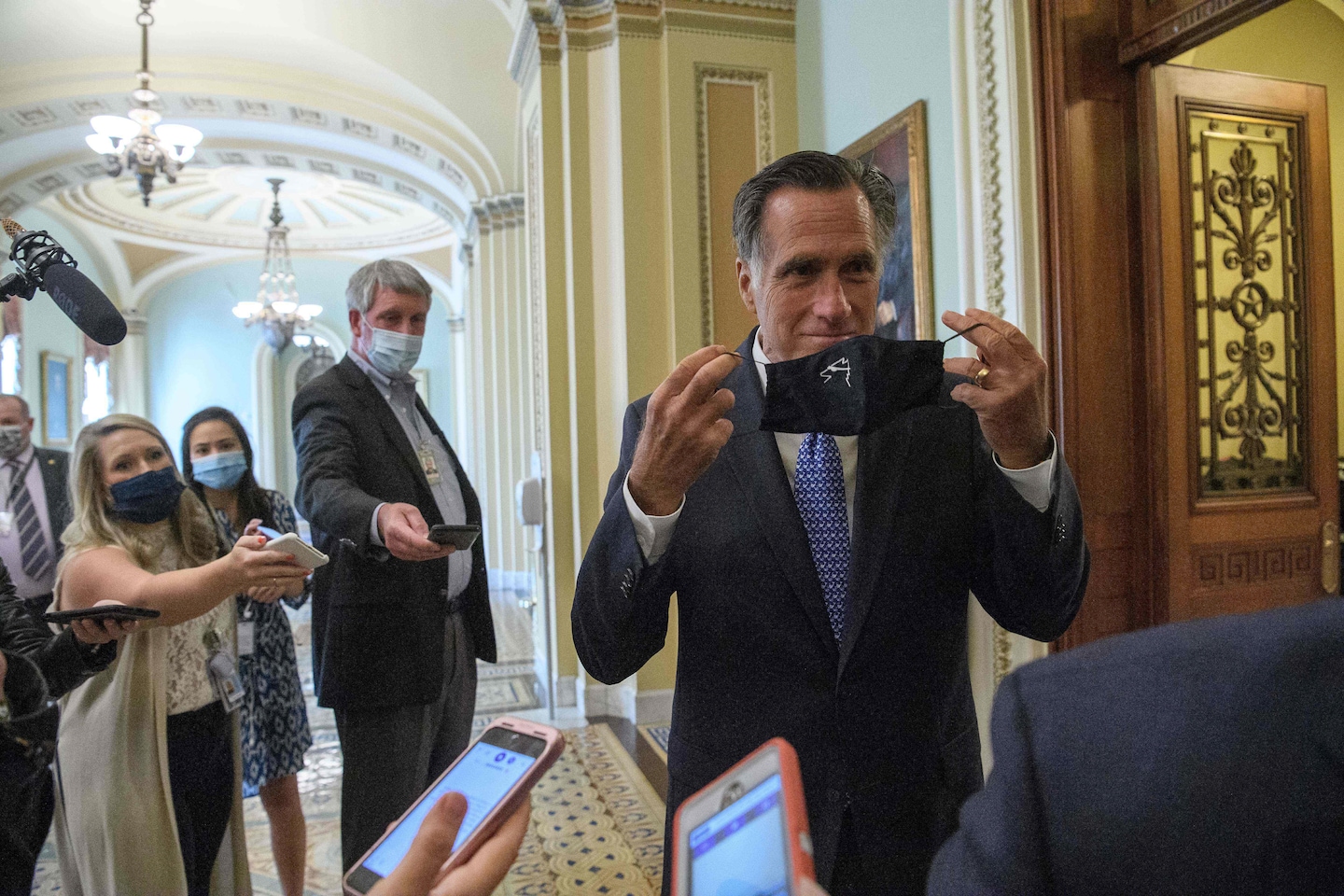We’re public health experts. We need to do a better job of talking to conservatives.

A key piece of our professional training involves identifying and addressing the blind spots caused by our beliefs, backgrounds, cultural influences and preferred information sources. It’s crucial to do this if we want to build effective partnerships with communities and cultures that differ from our own. The consequences when we are slow to adapt can be grave, as they were 40 years ago, when the public health community didn’t move quickly enough to prevent the spread of HIV/AIDS, and 10 years after that, when we struggled to address the crack epidemic.
Today, many public health experts are trying to develop connection and cultural competence to serve communities that are politically different from most of our own. We rightly celebrate that our field is more diverse than it’s ever been when it comes to race and gender. Yet in a 2018 survey, 72.4 percent of members in the Society for Epidemiologic Research reported their political affiliation as “liberal/left-leaning,” compared with 4.4 percent who responded “conservative/right-leaning.” Our collective experiences and expertise leave us ill-equipped to operate with credibility and cultural competence across partisan divides. The public health community also requires more effective outreach and representation within traditional Jewish and Muslim communities, among others, to address covid-19 and other threats.
We should be honest with ourselves about how millions of people see our decision-making in recent months. To many conservatives, the public health community worked to shut down indoor religious observances that are vital to their communities and condemned even outdoor anti-shutdown demonstrations by conservatives. Then that same public health community embraced boisterous Black Lives Matter demonstrations in the wake of George Floyd’s killing.
Some of these perceptions are unfair, or at least incomplete. Many BLM leaders and protesters reduced the risk of covid-19 outbreaks by conducting physically distant, outdoor protests, wearing masks and cooperating with public health authorities in ways that some conservatives have not. The public health community understood and shared concerns expressed across the political spectrum about increased loneliness and other physical and mental health impacts of physical distancing and prolonged disruption of everyday economic life.
Our credibility was nonetheless damaged by what seemed to be double standards. There’s a difference between trying to reduce harm wherever people are gathering during a pandemic, no matter their cause, and deciding that one cause is worth more risk than another. Americans need to know that public health professionals will not allow our political views regarding the second question to color our enthusiasm to engage the first set of challenges.
We cannot allow the public health enterprise to become estranged from conservative America. We can do better, starting with a reaffirmation that our shared values are more important than what sets us apart. No one wants their parents or grandparents to become sick from covid-19. Diabetes, substance-use disorders and cancer strike across every political line. The public health watchwords to do “nothing about us without us” apply just as surely within conservative religious communities as they do anywhere else.
We can also learn from prior successful public health efforts. Politicians from President Trump to Sen. Bernie Sanders (I-Vt.) have collaborated to address the opioid epidemic through efforts such as the Heal Initiative and the 2018 Support Act — measures that were wisely kept separate from more politically polarizing public health and health policy efforts. British Prime Minister Margaret Thatcher embraced syringe exchange, saving thousands of lives. George W. Bush’s President’s Emergency Plan for AIDS Relief to fight HIV worldwide, pursued in partnership with Bill Clinton and other Democrats, saved millions of lives.
President Trump’s unworthy covid-19 response should not obscure that good public health policy emerges from both sides of the aisle. Conservative gun-advocacy organizations have started valuable suicide prevention programs while red-flag laws, which take custody of firearms when people are deemed dangerous to themselves or others, originated with progressive gun-safety groups but gained credibility from conservatives with the courage to back them.
Most Republicans support mask-wearing and other protective measures. The social capital and deep traditions of service within religious communities are powerful public health assets, as are defining conservative values of personal responsibility. Longtime Bush adviser Karen Hughes, for example, champions mask-wearing on precisely those grounds. Rather than assuming we know best how to promote protective measures and behaviors, we who work in public health should always look to successful messengers for these ideas within the communities we hope to persuade.
Our training reminds us that winning people, through relationships and engagement, is more important than winning arguments on Twitter or cable TV. We must build and sustain these relationships for the long haul. In the fight against covid-19, and beyond, we’re going to need them.
Read more:






